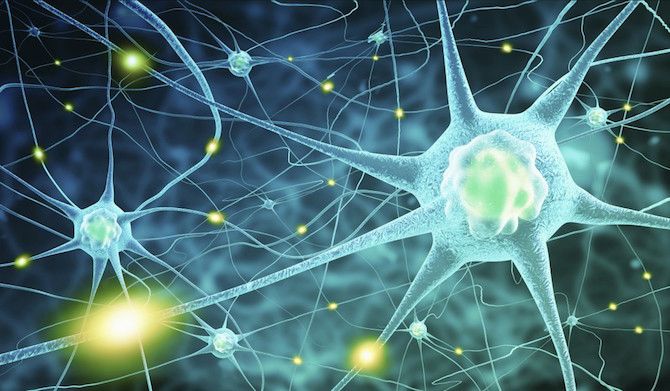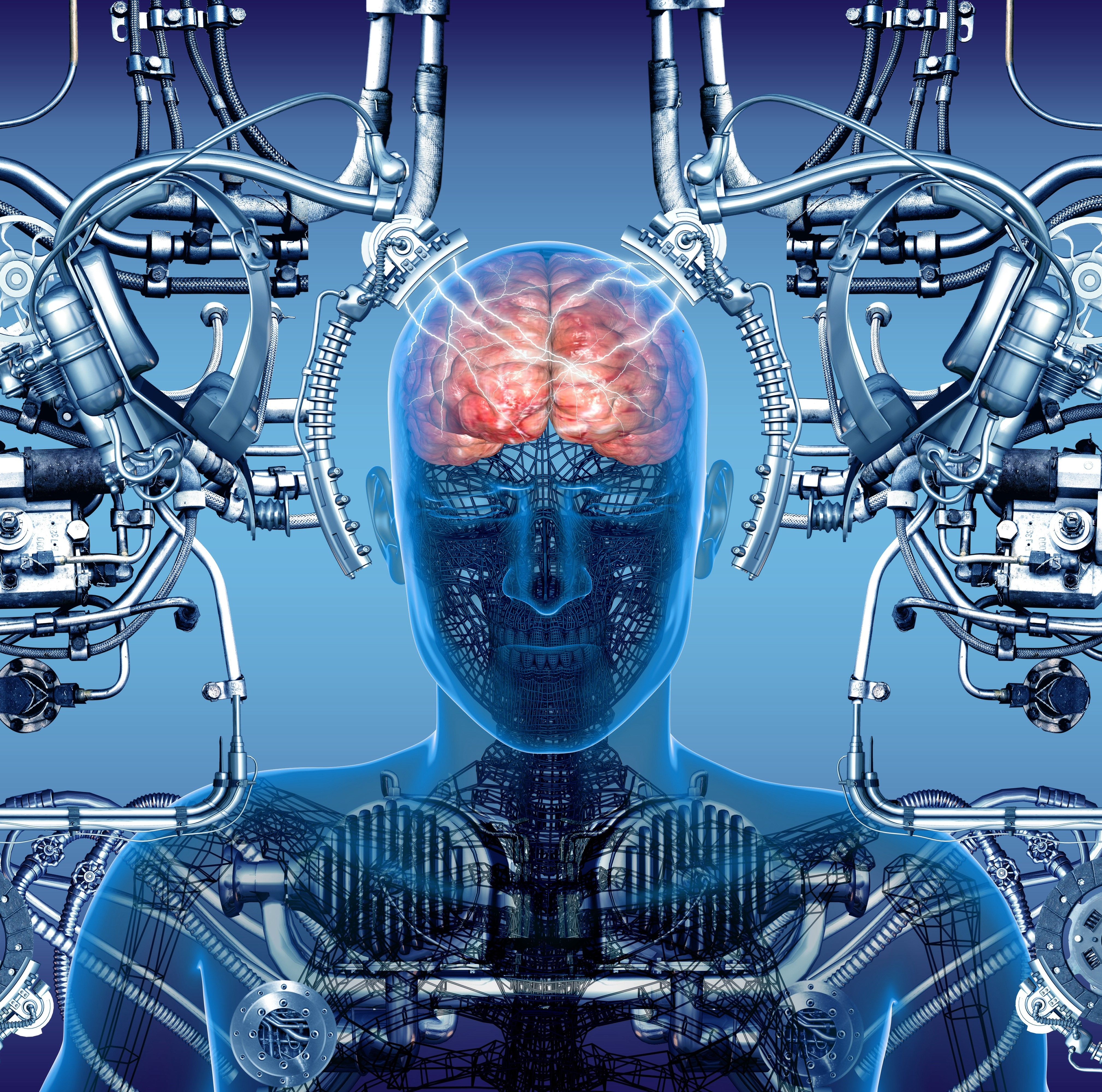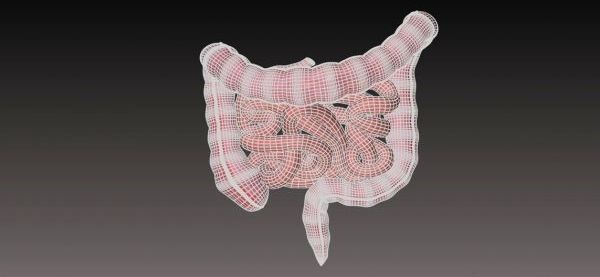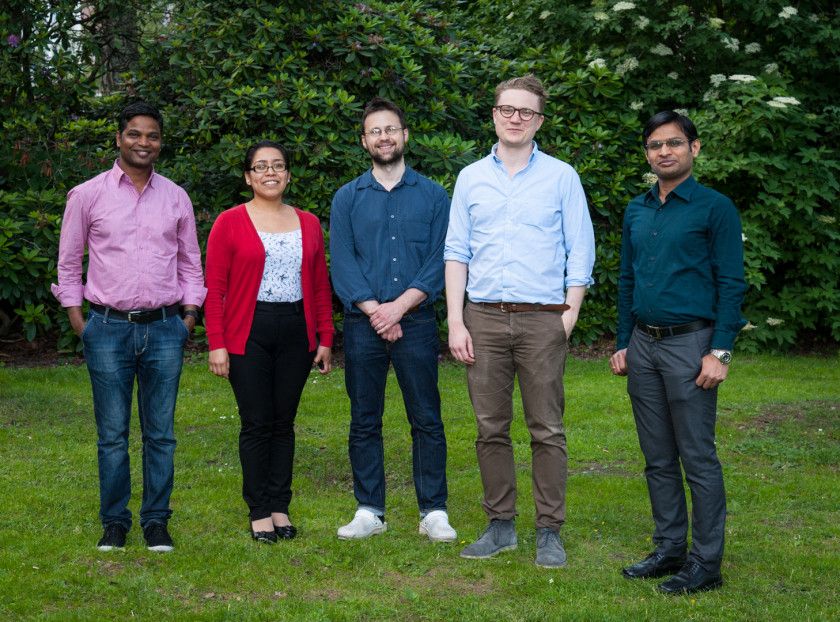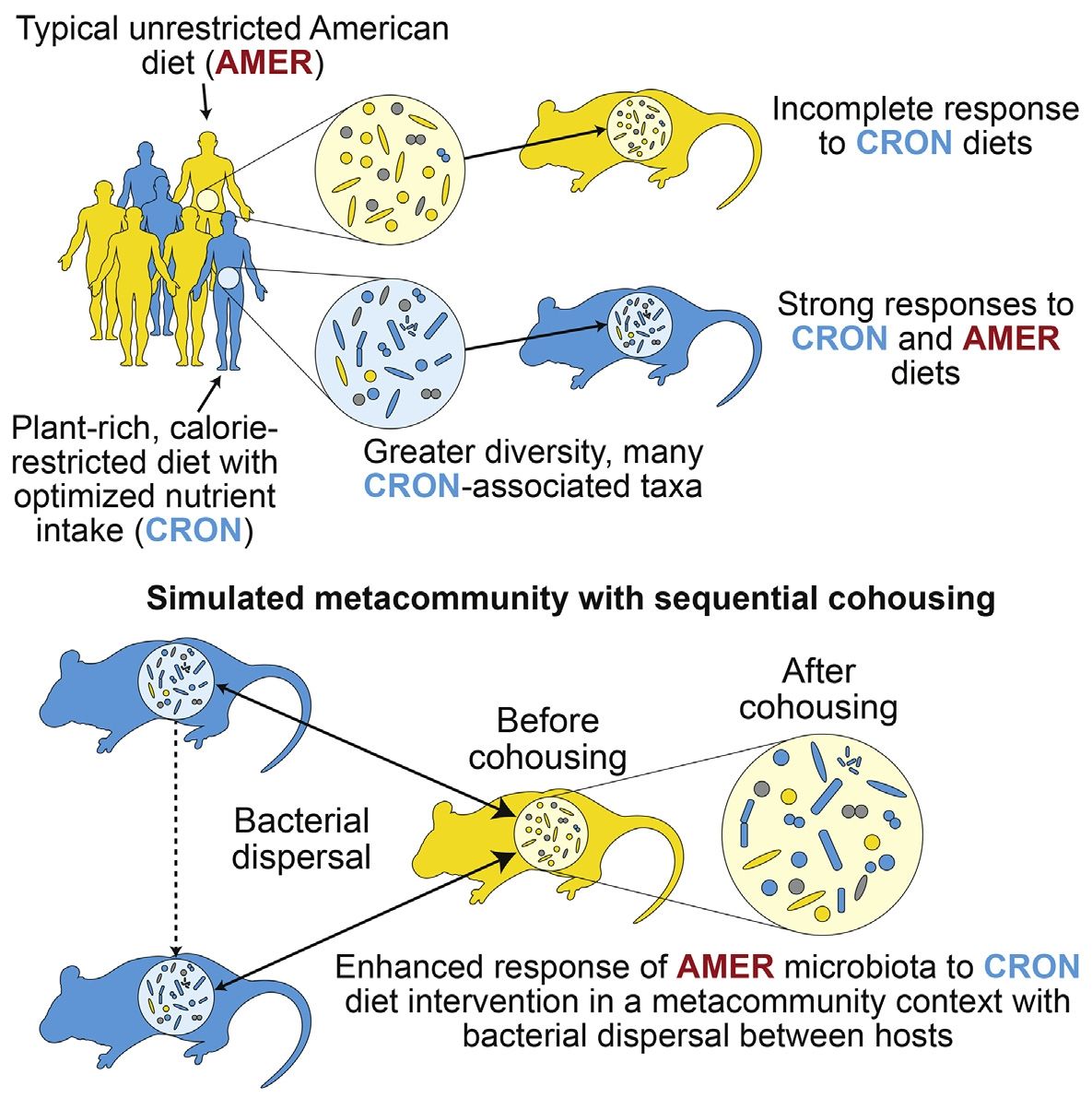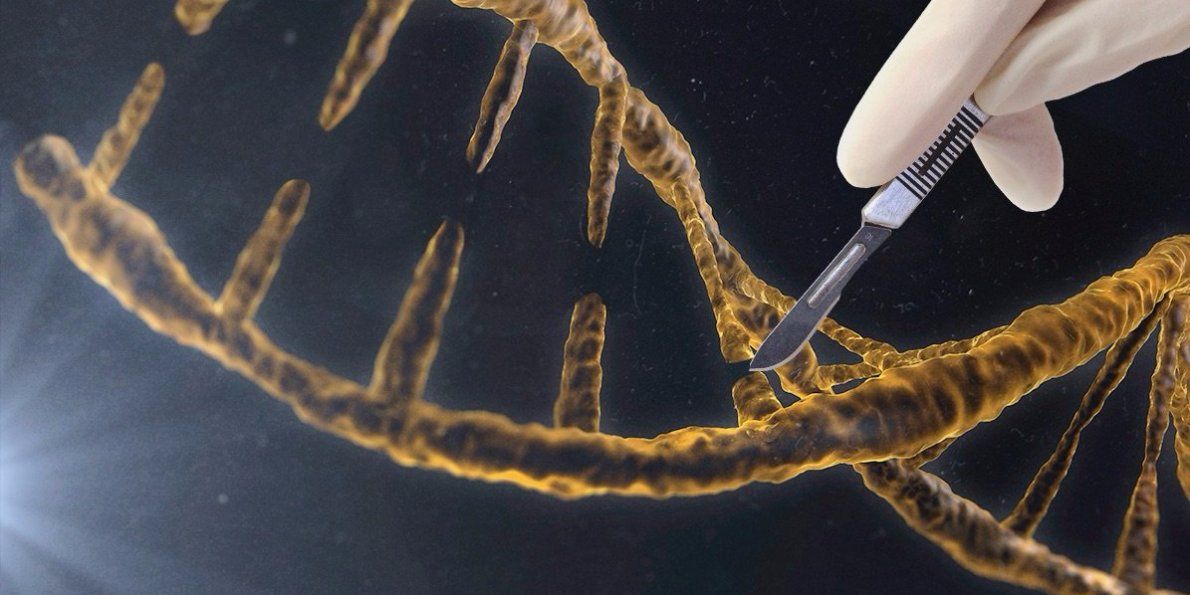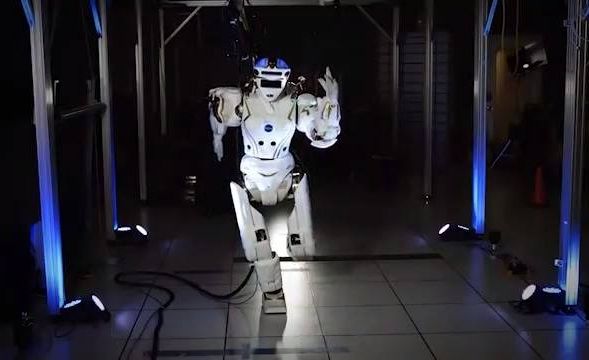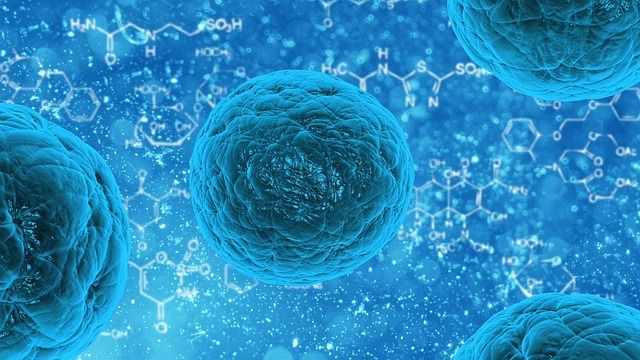
For the first time since the advent of stem cell therapy, a team of scientists from the North Carolina State University, the University of North Carolina at Chapel Hill and First Affiliated Hospital of Zhengzhou University, was able to implant synthetic cardiac stem cells which effectively repaired muscle tissue that got damaged by a heart attack. Typically, heart muscles that get scarred from a heart attack will either stay as is or get worse, but not improve. With the synthetic stem cell implant done, however, the result was a remarkable contradiction. Details about this new technique that is supposedly less risky than traditional stem cell procedures were recently published in the ‘Nature Communications’ journal.
Stem cell therapy works by helping damaged tissue repair itself. Although this type of treatment can be effective, it comes with certain types of risks, most notably, immune system rejection and cancerous growths. And, the process itself is very delicate because natural stem cells are quite fragile, have to be stored carefully, and must undergo a series of typing and matching prior to being used.
It is these limitations that have prompted scientists to come up with a different approach to make stem cell therapy work better. And what they developed was a procedure involving synthetic stem cells.
Continue reading “World’s First Synthetic Stem Cells Were Just Successfully Implanted” »
